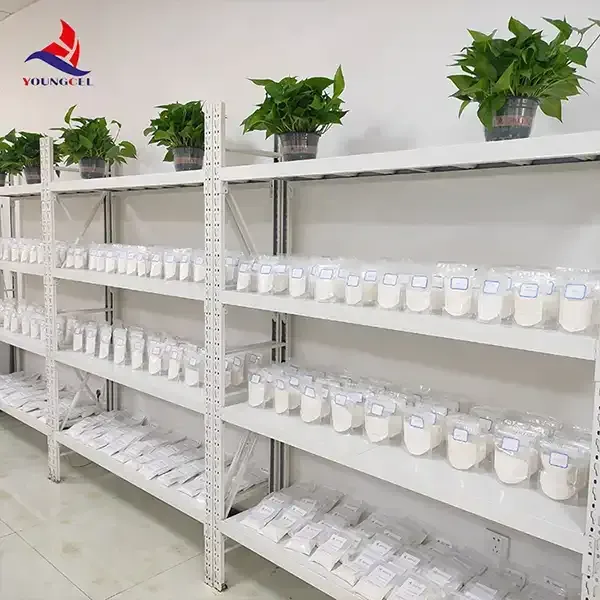The Significance of Cellulose Coating in Modern Applications
Cellulose, a natural polymer obtained from plant cell walls, has garnered significant attention in various industries due to its eco-friendly properties and versatility. One of the most innovative applications of cellulose is its use in coatings, which has opened up new avenues across different sectors, including food packaging, pharmaceuticals, and the automotive industry. This article explores the benefits and applications of cellulose coating, highlighting its potential to revolutionize material science.
Cellulose coatings are primarily derived from cellulose fibers and can be processed into a film or dissolved into a solution to be applied onto various substrates. One of the most notable advantages of cellulose coating is its biodegradable nature. In an era where plastic pollution is a pressing concern, utilizing cellulose as a coating material presents a sustainable alternative. As consumers and manufacturers alike become more environmentally conscious, the demand for biodegradable materials continues to surge, and cellulose coatings fit the criteria perfectly.
In food packaging, cellulose coatings offer multiple benefits. They act as excellent barriers against moisture, oxygen, and other external contaminants, helping to extend the shelf life of food products without the use of synthetic preservatives. Moreover, cellulose coatings can be tailored to provide additional functionalities, such as antimicrobial properties. This is particularly useful in packaging fresh produce, where maintaining quality and safety is paramount. Additionally, cellulose coatings are non-toxic and safe for direct food contact, aligning with food safety regulations and consumer expectations.
cellulose coating

In the pharmaceutical industry, cellulose coatings are widely used for drug formulations. They can provide controlled release mechanisms, allowing for the gradual release of active ingredients over time. This not only improves the efficacy of medications but also enhances patient compliance, as the need for frequent dosing can be reduced. Some cellulose-based materials can be engineered to dissolve at specific gastrointestinal pH levels, ensuring that drugs are released at the right location within the digestive tract, thus promoting better absorption.
The automotive industry has also recognized the potential of cellulose coatings. These coatings can be applied to vehicle interiors and exteriors, providing a protective layer that enhances durability while being lightweight. Moreover, advancements in cellulose technology have led to coatings that can withstand high temperatures and resist UV damage, making them suitable for various parts of a vehicle. The environmentally friendly nature of cellulose coatings resonates with the industry’s shift toward more sustainable practices, appealing to consumers who prioritize eco-friendliness in their purchasing decisions.
Despite its numerous advantages, there are challenges to the widespread adoption of cellulose coatings. Issues such as processing methods, cost-effectiveness, and compatibility with existing manufacturing systems need to be addressed. Researchers are continuously working on improving the properties of cellulose coatings, enhancing their performance while lowering production costs. Innovations in nanotechnology and bioengineering may play a crucial role in overcoming these hurdles, making cellulose coatings more accessible and appealing to different industries.
In conclusion, cellulose coatings represent an intersection of sustainability and functionality, offering a range of benefits across multiple industries. As the world moves toward more sustainable practices, the versatility of cellulose as a coating material cannot be overlooked. Its biodegradability, adaptability, and safety make it a promising solution for tackling the challenges posed by synthetic coatings and environmental concerns. As research and development continue to evolve, cellulose coating has the potential to become a cornerstone in the pursuit of greener, more efficient products that meet the needs of modern consumers and industries alike.
-
Premium Detergent Grade HPMC Hydroxypropyl Methylcellulose: Superior Thickening & StabilityNewsAug.31,2025
-
HEC 100000 Hydroxyethylcellulose for Paint | Superior ThickeningNewsAug.30,2025
-
Wall Putty Rdp Powder Packaging DesignNewsAug.29,2025
-
Introduction to Hpmc Hydroxypropyl Methyl CellulosNewsAug.29,2025
-
Hpmc Industri Grade IntegrationNewsAug.29,2025
-
How to Choose the Right Construction AdhesiveNewsAug.29,2025




